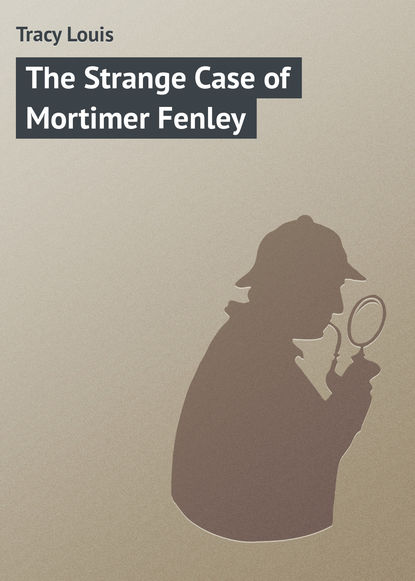 Полная версия
Полная версияThe Strange Case of Mortimer Fenley
"What was her grievance against poor Mortimer Fenley?" inquired the doctor. "I knew him well, and he was a decent sort of fellow – rather blustering and dictatorial but not bad-hearted."
"His success, I believe," said Winter. "They disagreed, and she divorced him, thinking he would remain poor. The whirligig of time changed their relative positions, and to a jealous-minded woman that was unforgivable."
"The affair made a rare stir here anyhow," went on the doctor. "The people who have taken The Towers have not only changed the name of the place, but they have commissioned a friend of mine, an architect, to alter the entrance. There will be two flights of steps and a covered porch, so the exact spot where Fenley fell dead will be built over."
"Gentlemen," said Tomlinson, "talking is dry work. I haven't my old cellar to select from, but I can recommend the brands you see on the table. Mr. Furneaux, I'm sure you have not forgotten that Château Yquem?"
Then, and not until then, did the ex-butler hear that the detectives had never tasted his famous port. His benign features were wrung with pain, for it was a wine of rare "bowket," and hard to replace.
But Furneaux restored his wonted geniality by opening a parcel hitherto reposing on the sideboard.
"I never sent you that bottle of Alto Douro," he cried. "Here it is – a crusted quart for your own drinking. Lest you should be tempted to be too generous tonight, I've brought another. Now – a cradle and a corkscrew!"
So, after a dirge, and before the world shook in war, the story ends on a lively note, for what is there to compare with good wine and good cheer, each in moderation? And one bottle among five is reasonable enough in all conscience.

